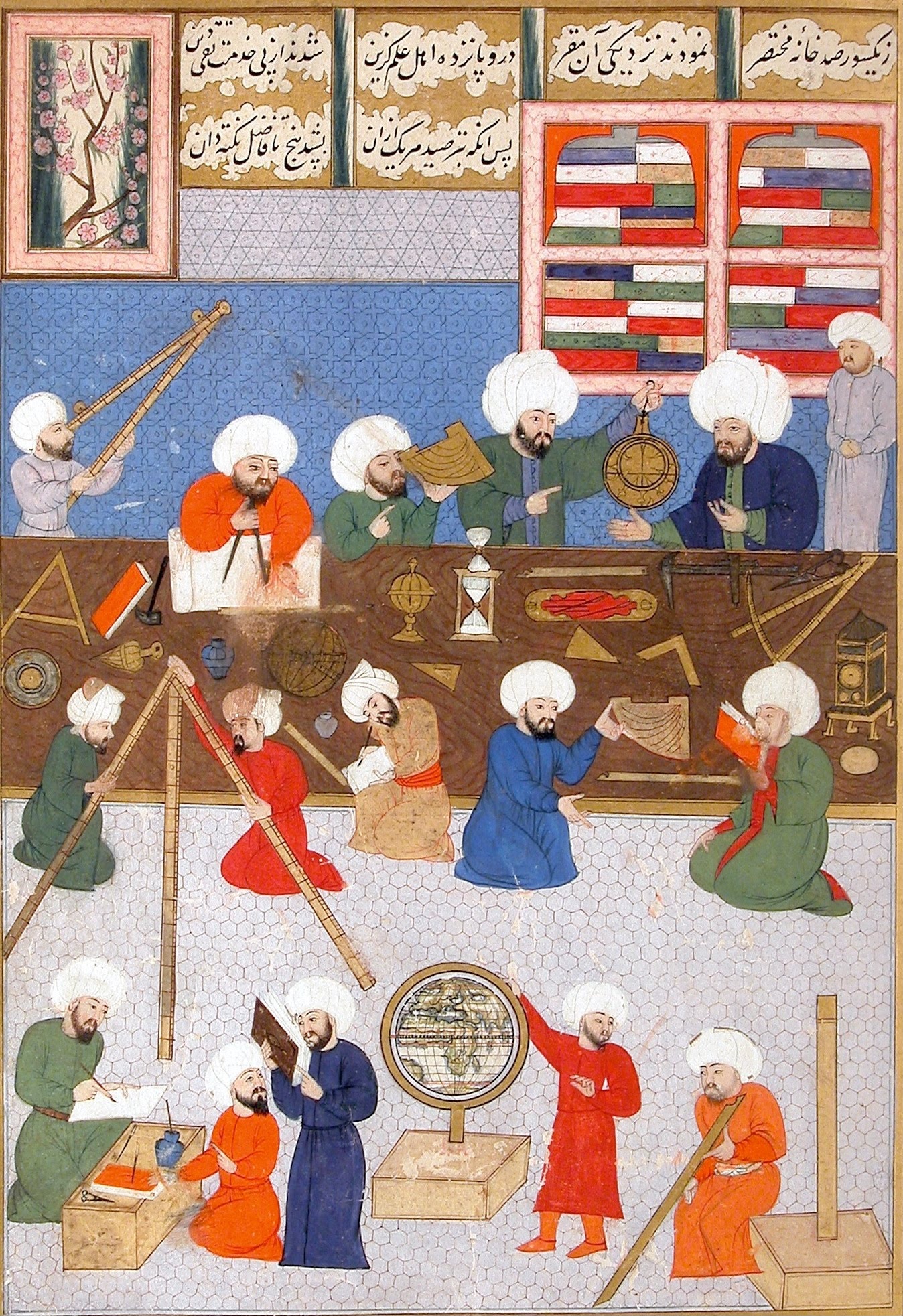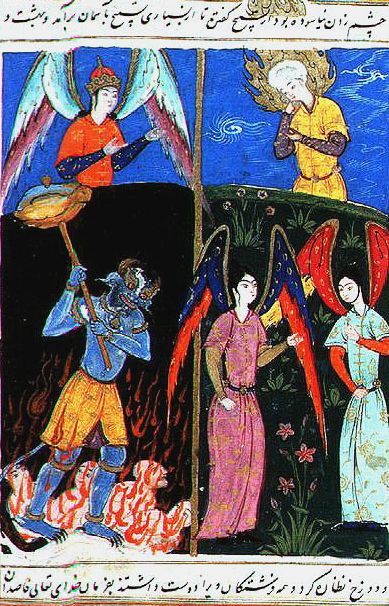|
Al-Muʼminun
Al-Muminun (, ; "The Believers") is the 23rd chapter (sūrah) of the Qur'an with 118 verses ( āyāt). Regarding the timing and contextual background of the supposed revelation (''asbāb al-nuzūl''), it is a "Meccan surah" during the end period, which means it is believed to have been revealed before the migration of the Islamic prophet Muhammad and his followers from Mecca to Medina (''Hijra''). This surah deals with the fundamentals of faith (Aqidah), Tawheed (Islamic monotheism), Risalah (Messengership), Resurrection and the supreme Judgement of God. The surah drives these themes home by drawing attention to God's creation of man through different stages in the mother's womb, His creation of the heavens and the earth, His sending down rains and growing plants, trees and fruits, and His providing of domestic animals with various benefits for man, all together with an emphasis on the fact that man shall die and shall be raised up on the Day of Resurrection. (See also: Islam ... [...More Info...] [...Related Items...] OR: [Wikipedia] [Google] [Baidu] |
Meccan Surah
A Meccan surah is, according to the timing and contextual background of their revelation ('' asbāb al-nuzūl'') within Islamic tradition, a chronologically earlier chapter ('' suwar'', singular ''sūrah'') of the Qur'an. The traditional chronological order attributed to Ibn Abbas became widely accepted following its adoption by the 1924 Egyptian standard edition. The Meccan chapters are believed to have been revealed anytime before the migration of the Islamic prophet Muhammad and his followers from Mecca to Medina ('' Hijra''). The Medinan surahs are those revelations which occurred after the move. There are 86 makkan surahs. Meccan surahs are typically shorter than Medinan surahs, with relatively short verses ('' āyāt''), and mostly come near the end of the Qur'an. (As a general rule, the chapters of the Qur'an are ordered from longest to shortest.) Most of the chapters containing Muqatta'at are Meccan, Except 2, 3 and 13. The chapters are divided into "Meccan" and "Medina ... [...More Info...] [...Related Items...] OR: [Wikipedia] [Google] [Baidu] |
Qur'an And Science
Muslim scholars have developed a spectrum of viewpoints on science within the context of Islam.Seyyed Hossein Nasr. "Islam and Modern Science" Scientists of medieval Muslim civilization (e.g. Ibn al-Haytham) contributed to the new discoveries in science. Haq, Syed (2009). "Science in Islam". Oxford Dictionary of the Middle Ages. . Retrieved 2014-10-22. From the eighth to fifteenth century, Muslim mathematicians and astronomers furthered the development of mathematics. Concerns have been raised about the lack of scientific literacy in parts of the modern Muslim world. Islamic scientific achievements encompassed a wide range of subject areas, especially medicine, mathematics, astronomy, agriculture as well as physics, economics, engineering and optics. Aside from these contributions, some Muslim writers have made claims that the Quran made prescient statements about scientific phenomena as regards to the structure of the embryo, the Solar System, and the development of the unive ... [...More Info...] [...Related Items...] OR: [Wikipedia] [Google] [Baidu] |
Hereafter In Islam
The afterlife or life after death is a purported existence in which the essential part of an individual's Stream of consciousness (psychology), stream of consciousness or Personal identity, identity continues to exist after the death of their physical body. The surviving essential aspect varies between belief systems; it may be some partial element, or the entire soul or spirit, which carries with it one's personal identity. In some views, this continued existence takes place in a Supernatural, spiritual realm, while in others, the individual may be reborn into World#Religion, this world and begin the life cycle over again in a process referred to as reincarnation, likely with no memory of what they have done in the past. In this latter view, such rebirths and deaths may take place over and over again continuously until the individual gains entry to a spiritual realm or otherworld. Major views on the afterlife derive from religion, Western esotericism, esotericism, and metaphy ... [...More Info...] [...Related Items...] OR: [Wikipedia] [Google] [Baidu] |


